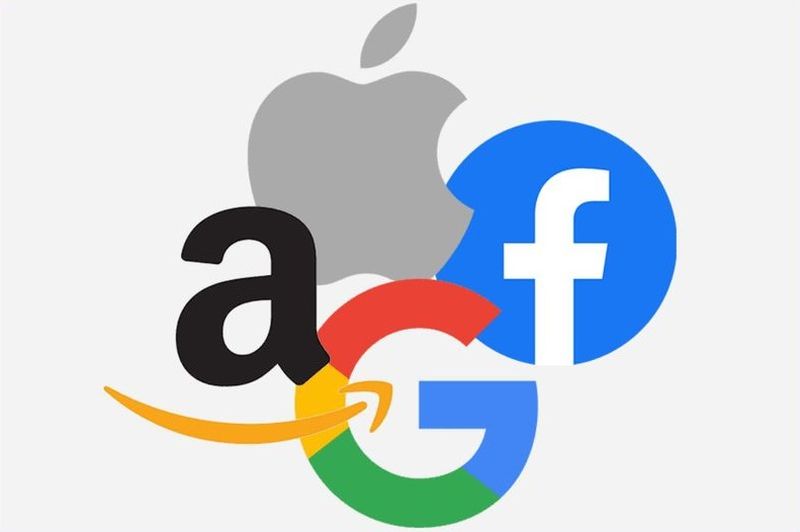European regulators has reached a deal on major competition rules that, if implemented, may force the world’s Big Tech platforms, including Google, Apple, Facebook, Amazon and Microsoft, to re-structure significant parts of their operations.
EU to unveil landmark legislation to tackle market power of Big Tech
Companies must get “explicit consent” from consumers to target advertisements based on their personal information. Smaller services will need to communicate with instant messaging platforms like Apple’s iMessage and Meta’s WhatsApp. Furthermore, they must allow customers to pick their own browser, search engine, and personal voice assistant.
The European Union’s negotiations on the Digital Markets Act, which aims to address what the EU sees as a lack of competition in the digital economy, concluded Thursday in Brussels.

The European Parliament plans to have the bill passed before the summer. Emmanuel Macron of France, who will soon conclude his term as EU president, is eager to see the legislation approved.
Margrethe Vestager, executive VP at the European Commission, said on Twitter that:
“We have achieved something unprecedented, legislation that paves the way to open, fair, contestable digital markets, so everybody has a fair chance of making it. The gatekeepers will now have to take responsibility.”
We have a deal on #DMA! Last trilogue with @Europarl_EN and @EUCouncil ended with a good, strong agreement.
Tune into our press conference tomorrow 8:45 😊 pic.twitter.com/krHHsOqG8u— Margrethe Vestager (@vestager) March 24, 2022
How Big Tech lost the antitrust battle with Europe?
A stringent antitrust regime is being implemented in EU. The remaining votes are thought of as mere formalities. There’s still a lot to figure out for Big Tech firms, who lobbied strongly against the DMA but need to figure out how to comply.
The DMA sets standards for Big Tech, classifying them as “gatekeepers.” The organization lays out regulations, responsibilities, and fines for firms who break the law.
To be covered by the DMA, businesses must provide “core platform services” such as search engines, social networks, messengers, and social media. These companies must have a market capitalization of at least 75 billion euros (approximately $82.6 billion) and an annual sales volume of 7.5 billion euros. In addition, they must have at least 45 million monthly end users in the EU and 10,000 yearly business clients.
Non-compliance penalties may reach 10% of global sales and 20% of turnover for repeated infractions. For a set length of time, the Commission might prohibit “gatekeeper” businesses from acquiring enterprises.

The EU has been far more aggressive than the United States in regulating Big Tech, despite U.S. officials’ worries that the proposals discriminate against US companies.
Garrett Workman, senior director of European Affairs at the U.S. Chamber of Commerce told Axios that:
“It’s regulation that targets firms, rather than anti-competitive business practices, which we think is a really bad precedent to set.”
A Google spokesperson also commented on the issue:
“While we support many of the DMA’s ambitions around consumer choice and interoperability, we remain concerned that some of the rules could reduce innovation and the choice available to Europeans. The company will now take time to study the final text and work with regulators to implement it.”
Meanwhile, Big Tech’s advocates argue that the Russian invasion of Ukraine and the use of technology in the conflict have highlighted the need for more international technology policy cooperation between the United States and Europe.
Carl Holshouser, senior vice president of TechNet told Axios:
“If an international conflict with massive cybersecurity consequences couldn’t bring the industry together with world leaders, nothing will.”
The Commission will have to complete and detail how it plans to implement the DMA, as well as which government department would be in charge of that task. The Digital Services Act, a huge agenda of regulations concerning how big internet platforms should handle unlawful online content, is still being discussed by the regulators.





